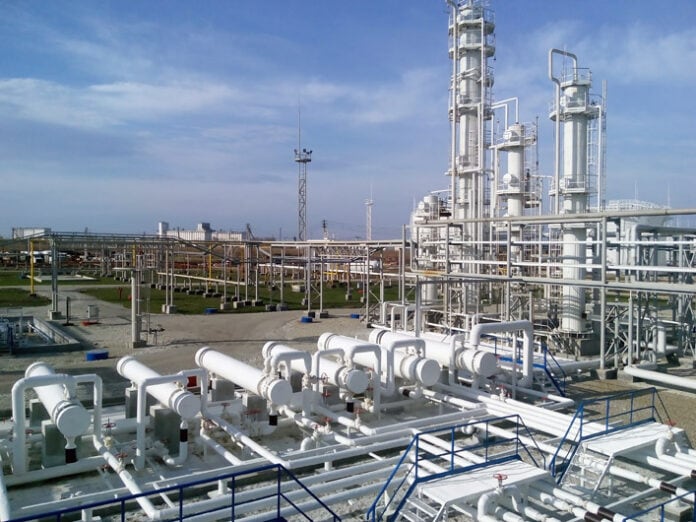It is highly unlikely that the oil and gas industry is going to disappear in the near future but it doesn’t mean that it will stay the same.
There are a lot of new advances in technology as well as more investments into clean energy that will likely have a strong effect on the oil and gas industry over the next couple of decades.
The oil and gas industry is a very important part of the global economy and with the world’s population continuing to grow, demand for energy will likely continue to increase.
That means there will still be a need for oil and gas production in the future, although it may not look exactly the same as it does now.
Related: 6 Main Factors That Affect Oil Prices
What Changes We Might See in the Oil and Gas Industry?
Advances in Technology
Technologies such as artificial intelligence, machine learning, and big data analytics will help the oil and gas industry to optimize operations, reduce human labor and improve efficiency.
This will also allow oil and gas companies to cut down on pollution and emissions.
Shift Towards Renewable Energy
More oil and gas companies are likely to enter the renewable energy sector to diversify their portfolios and reduce their environmental impact.
We already see this with some companies that go as far as renaming themselves to reflect this shift and remove the association with the oil and gas industry.
Increase in Carbon Capture and Storage (CCS)
More oil and gas companies will likely invest in carbon capture and storage technology to reduce emissions and improve their public image.
There is also a possibility that some companies will be able to use this technology to capture CO2 from the atmosphere and then get tax credits or even be paid for that.
Increased Use of Natural Gas
Natural gas will likely become the preferred fuel source for electricity generation because it is cleaner than coal or oil. It might also be more widely used for hydrogen generation.
Remote Monitoring
The oil and gas industry is likely to become more connected as a result of advances in communication technologies such as satellite internet and cloud computing.
This will give rise to remote monitoring, collaboration across locations, and improved decision-making.
More Environmentally Friendly Practices
The industry is likely to adopt more environmentally friendly practices to reduce its environmental impact and meet regulatory standards.
This could include more efficient extraction and production methods as well as better waste management and recycling of materials.
Enhanced Security Measures
We’re likely to see higher security measures implemented by oil and gas companies to protect against cyber-attacks and unauthorized access.
Improved Health and Safety Regulations
Governments around the world are likely to increase their regulations related to the health and safety of workers in the oil and gas industry. Companies will need to comply with these standards to remain operational.
This is already happening in many oil-producing countries but unfortunately, there are still some regions where the work environment for people working in the oilfield is very unsafe.
Greater Emphasis on Sustainable Practices
Companies will look towards more sustainable practices to reduce the environmental impacts of their operations and ensure long-term profitability.
This could involve using sustainable materials, processes, and tools, as well as reducing water usage.
Read next: 6 Challenges Facing the Oil and Gas Industry and How to Solve Them
